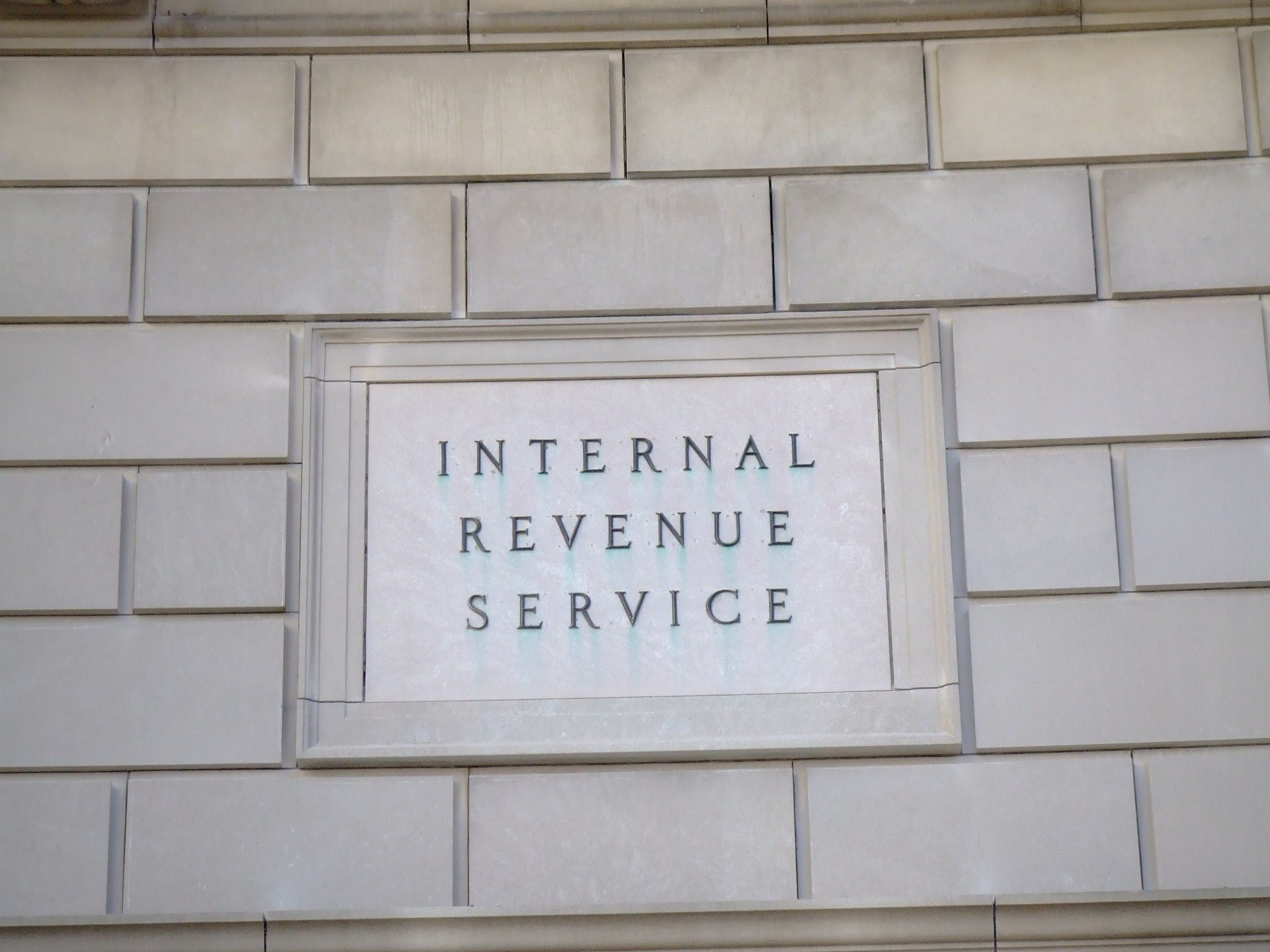 Image 1 of
Image 1 of


IRS Investigative Tools: How the Government Builds Financial Crime Cases
The IRS possesses powerful investigative tools that go beyond traditional tax enforcement and are often used in financial crime cases involving fraud, money laundering, and asset concealment. This course, led by Michael DeBlis, provides an in-depth look at how IRS Criminal Investigation (CI) develops cases and the methods it uses to gather evidence. Financial professionals, compliance teams, and legal advisors will learn to recognize the scope and limitations of administrative summonses, understand the growing role of international cooperation through MLATs, and anticipate how digital footprints and financial records are used to build cases. The session also explores the concept of willfulness and how it is interpreted in enforcement actions.
The IRS possesses powerful investigative tools that go beyond traditional tax enforcement and are often used in financial crime cases involving fraud, money laundering, and asset concealment. This course, led by Michael DeBlis, provides an in-depth look at how IRS Criminal Investigation (CI) develops cases and the methods it uses to gather evidence. Financial professionals, compliance teams, and legal advisors will learn to recognize the scope and limitations of administrative summonses, understand the growing role of international cooperation through MLATs, and anticipate how digital footprints and financial records are used to build cases. The session also explores the concept of willfulness and how it is interpreted in enforcement actions.
The IRS possesses powerful investigative tools that go beyond traditional tax enforcement and are often used in financial crime cases involving fraud, money laundering, and asset concealment. This course, led by Michael DeBlis, provides an in-depth look at how IRS Criminal Investigation (CI) develops cases and the methods it uses to gather evidence. Financial professionals, compliance teams, and legal advisors will learn to recognize the scope and limitations of administrative summonses, understand the growing role of international cooperation through MLATs, and anticipate how digital footprints and financial records are used to build cases. The session also explores the concept of willfulness and how it is interpreted in enforcement actions.

